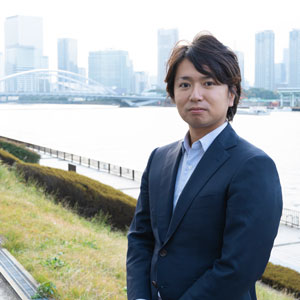What We Do:
Supporting Regenerative Medicine At Cellbank
Message
The Biosciences Department plays an important role in supporting the development of regenerative medicine here at CellBank. There are 3 Teams that make up Biosciences: the Production Team, the Quality Assurance Team, and the R&D Team. The Production Team handles the cultivation of our patients’ cells, and the Quality Assurance Team makes sure that those cultivated cells meet our standards for treatment. The R&D Team works on developing new cultivation methods and new technologies to help make regenerative treatments safe and accessible for even more patients. Cooperation in Bioscience is a key part of our regenerative medicine support system here at CellBank.
Regenerative medicine is still a young field, so it’s no surprise that we have a lot of young team members in the Biosciences Department. We’re a group of high energy professionals who constantly seek out new challenges in our work. Working at CellBank gives young scientists a chance to really contribute their ideas and their skills to society. The opportunity to apply what they’ve learned as students in a professional career motivates a lot of our young teammates to put their best selves forward as experts in regenerative medicine.
In Biosciences we welcome new team members who love to challenge themselves and want to be involved in an exciting new field where they can bring their skills to the table and grow as a person while helping patients all around the country. Supporting society through regenerative medicine is what we pride ourselves in here at CellBank, and the energy of our young teammates is truly valuable in providing the best care that we can as a medical corporation.
Member of the Board of Directors and Head of Biosciences at CellBank
Takumi Yajima

